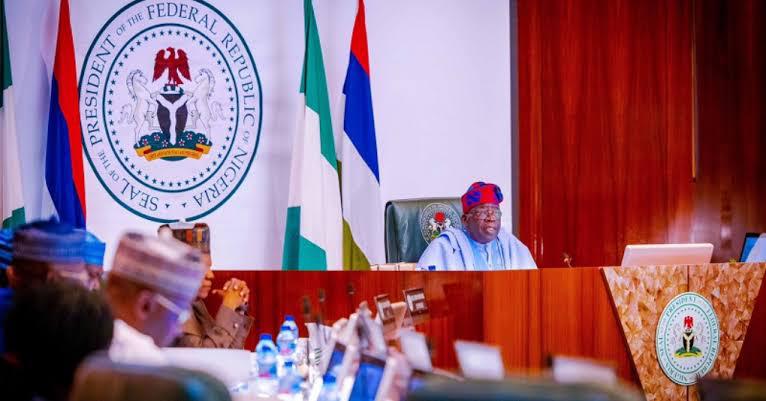No New Federal Universities Till 2032, Says Education Minister
President Bola Tinubu’s administration has announced a seven-year suspension on the creation of new federal tertiary institutions in Nigeria.
The decision was reached during Wednesday’s Federal Executive Council (FEC) meeting at the Presidential Villa in Abuja, presided over by President Tinubu.
Minister of Education, Tunji Alausa, told journalists after the meeting that the ban covers all categories of federal tertiary institutions — universities, polytechnics, and colleges of education.
He explained that Nigeria currently has 72 federal universities, 42 federal polytechnics, and 28 federal colleges of education, alongside hundreds of state-owned and private institutions.
Despite this large number, Alausa revealed that in the 2024/2025 academic year, 199 universities recorded fewer than 100 JAMB applicants, while 34 had none at all. Similarly, 295 public and private polytechnics had fewer than 100 applicants each, and 64 colleges of education received zero applications.
Citing an example, he noted that one federal university has under 800 students but employs 1,200 staff — a sign of inefficiency and waste.
According to him, the moratorium will allow the government to focus on rehabilitating dilapidated infrastructure, recruiting and training qualified lecturers, and expanding the capacity of existing institutions, rather than “pursuing prestige through empty structures.”
He added that some federal universities in parts of northern Nigeria have fewer than 2,000 students despite billions spent annually on their upkeep. The ultimate goal, he said, is to ensure Nigerian graduates are globally competitive and respected, in line with President Tinubu’s mandate for world-class education standards.
Meanwhile, the Academic Staff Union of Universities (ASUU) has repeatedly criticised the unchecked establishment of universities, calling it “reckless and excessive.” The union has also warned of a possible nationwide strike, citing worsening conditions in public universities and the government’s alleged failure to honour agreements.
In a recent statement signed by its National President, Prof Chris Piwuna, ASUU accused the government of neglecting lecturers, who it said work under harsh conditions.
The union lamented that lecturers teach on empty stomachs, conduct research without adequate materials, and engage communities using old, unreliable vehicles — all while struggling with unpaid bills and family expenses.
Despite these challenges, ASUU noted, the public is quick to blame universities for producing “unemployable graduates” and failing to deliver innovative research.
“Our members feel abandoned, humiliated, and demoralised by successive governments,” the statement read.

